How to electrify a village in Togo
An important component of CIREG (Climate Information for Renewable Electricity Generation) is the implementation of a pilot study with the aim to electrify a village with about 120 households (~10kW) in Togo at the Mono River.
Between the 2nd to the 6th of December, a CIREG team composed of partners from The Potsdam Institute for Climate Impact Research (PIK), Reusch Energietechnik GmbH, West African Science Service Centre on Climate Change and Adapted Land Use (WASCAL) and ZEF went to Togo to make the final site selection. We visited the Batonou and Gbandidi localities to exchange with village Chiefs and local communities to identify the best location for the CIREG Demonstrator site.
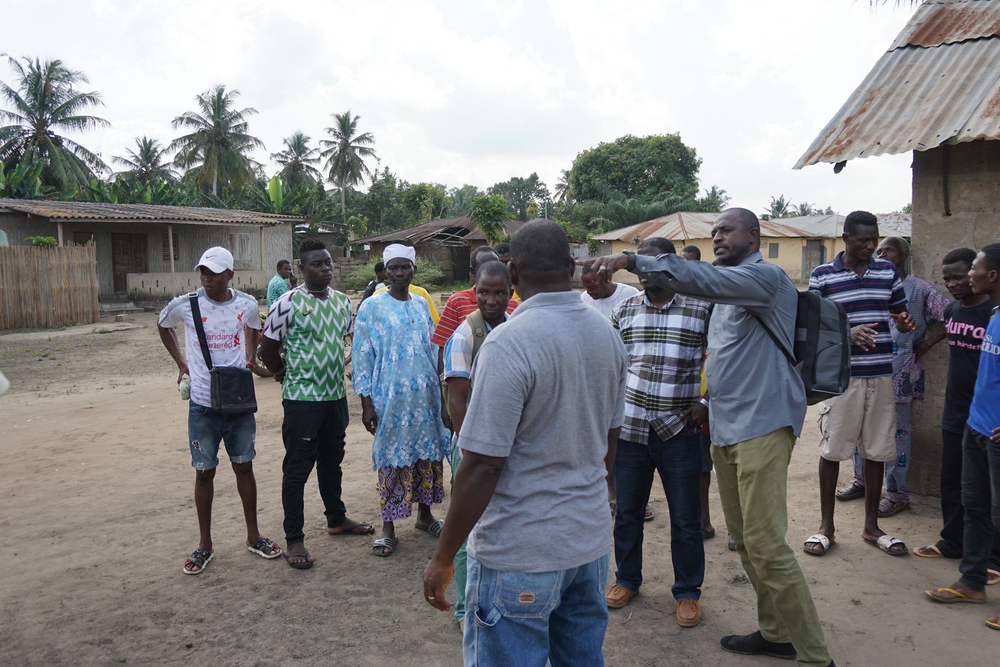
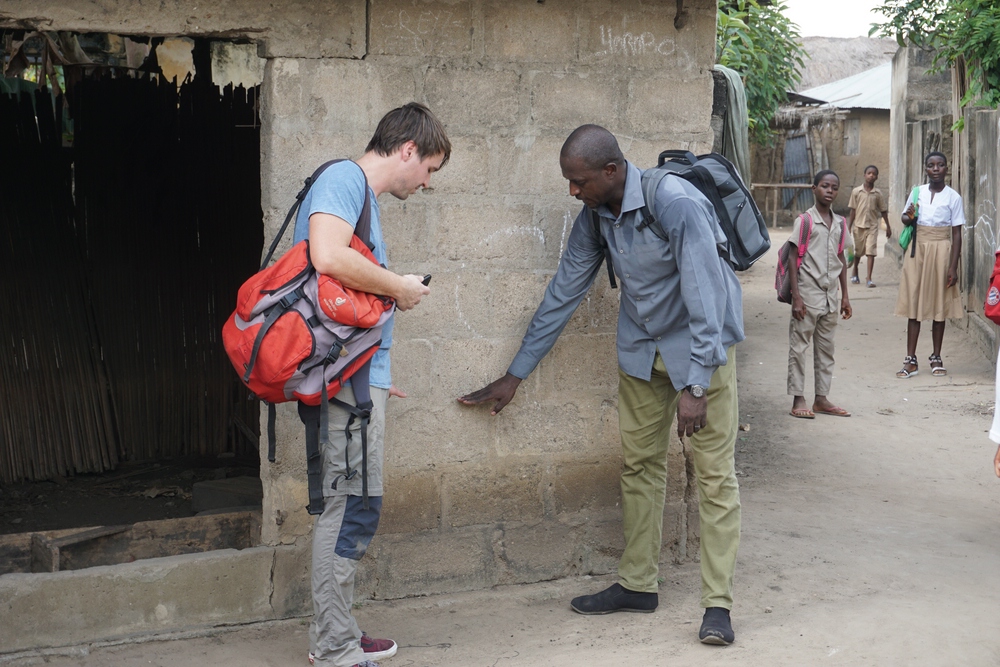
These discussions allowed us to engage with locals’ communities and to collect technical data.
We also measured the water velocity of the Mono River to identify the best possible spot for the hydro-turbine part of the Demonstrator.
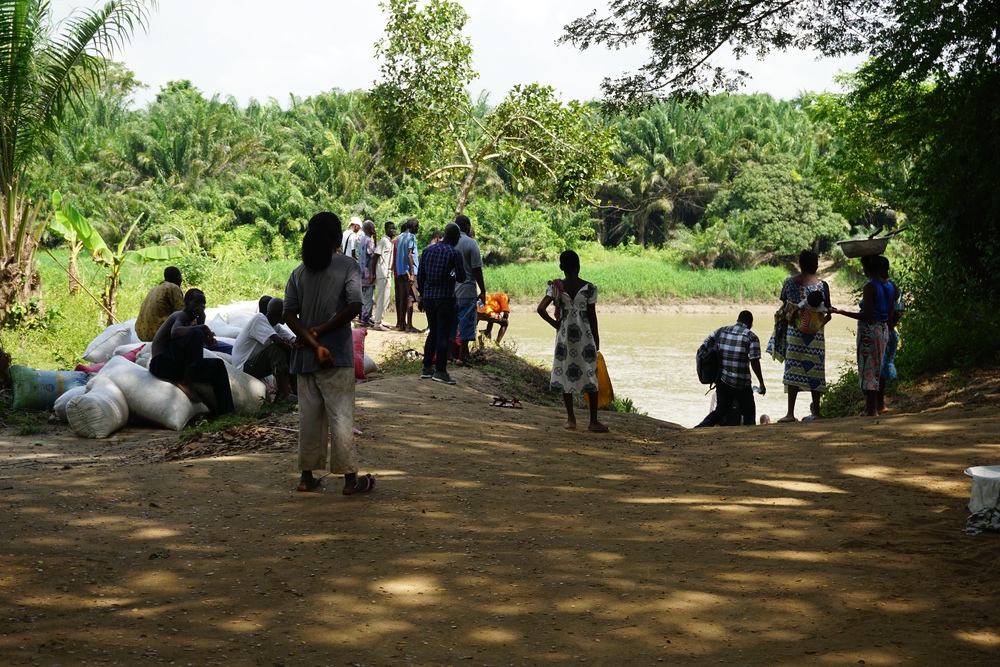
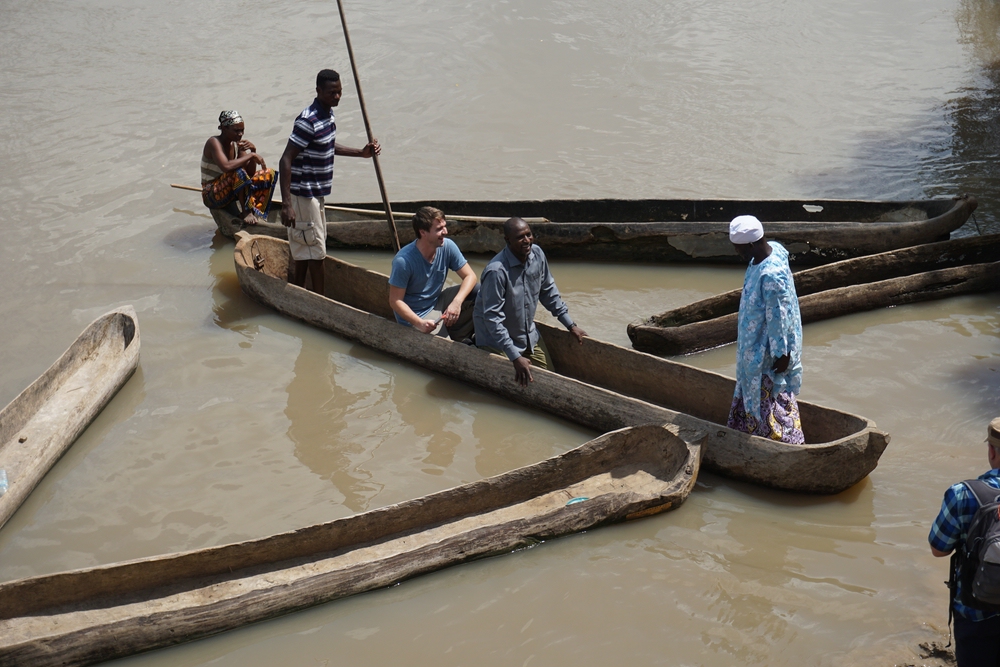
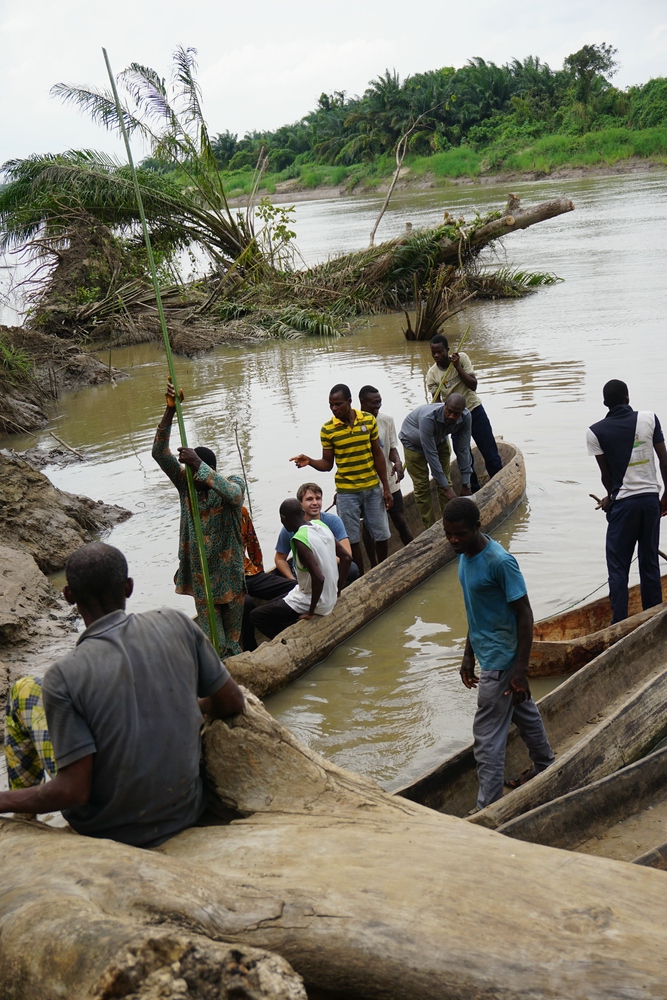
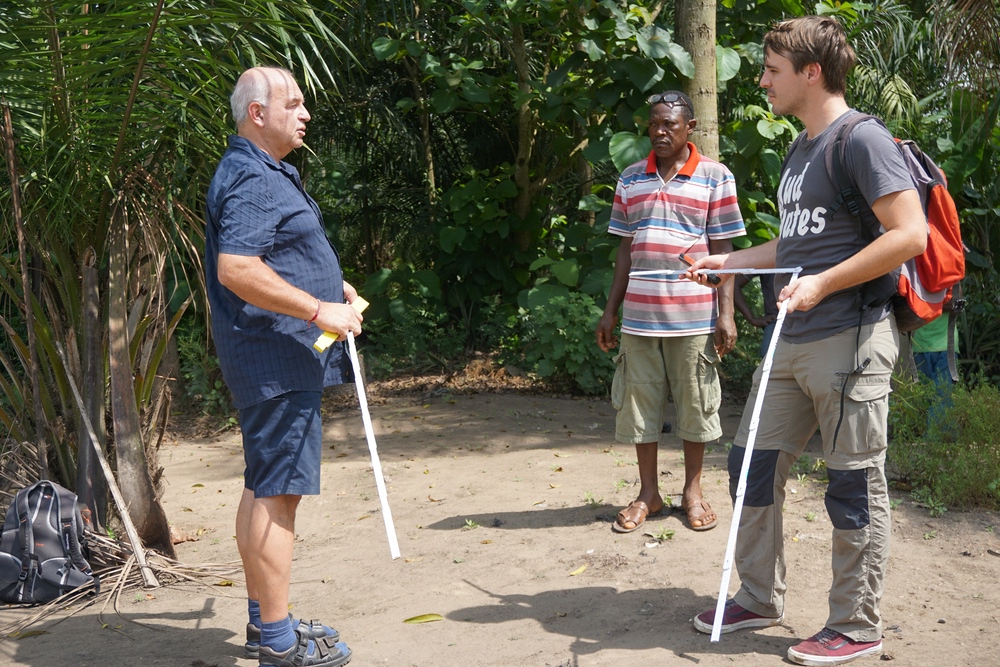
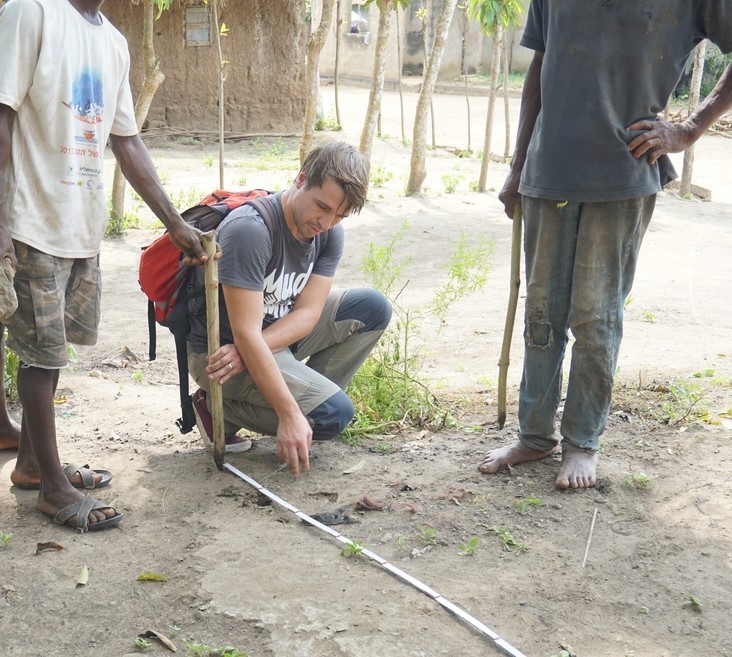
After this day on the field, the CIREG team seated together to discuss all the data collected and to decide which community will be selected to host the Demonstrator. The decision was made to select the Gbandidi village. On the next day, the team returned to the village to inform them and to work on the future Demonstrator location. This discussion mainly took place between the locals and the Reusch Energietechnik GmbH.
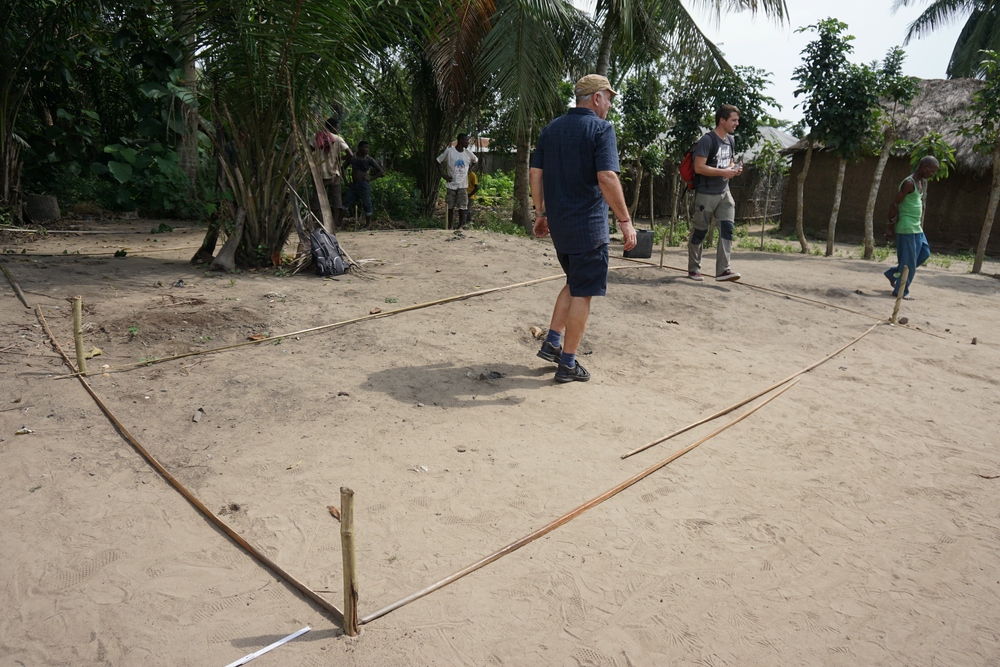
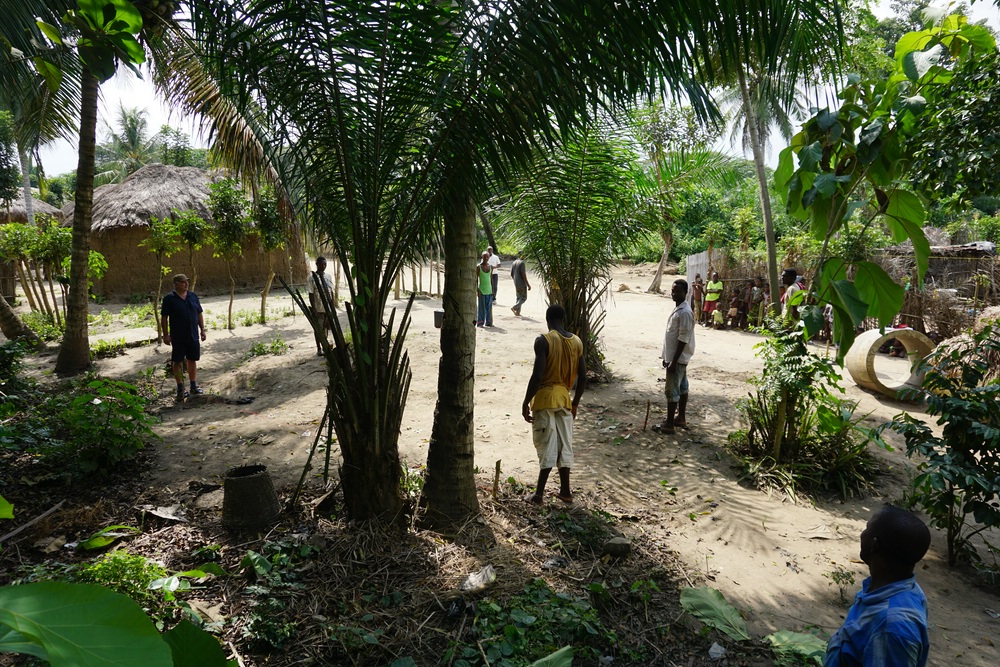
Further research will be conducted together with the local community of Gbandidi in 2020 to develop business plan for the Demonstrator and measure its impact on the population as the pilot study is not expected to generate revenues for an external operator. The system should be rather operated by the community itself and the revenues from selling electricity services should enable the community to pay for maintenance and possibly broken parts.

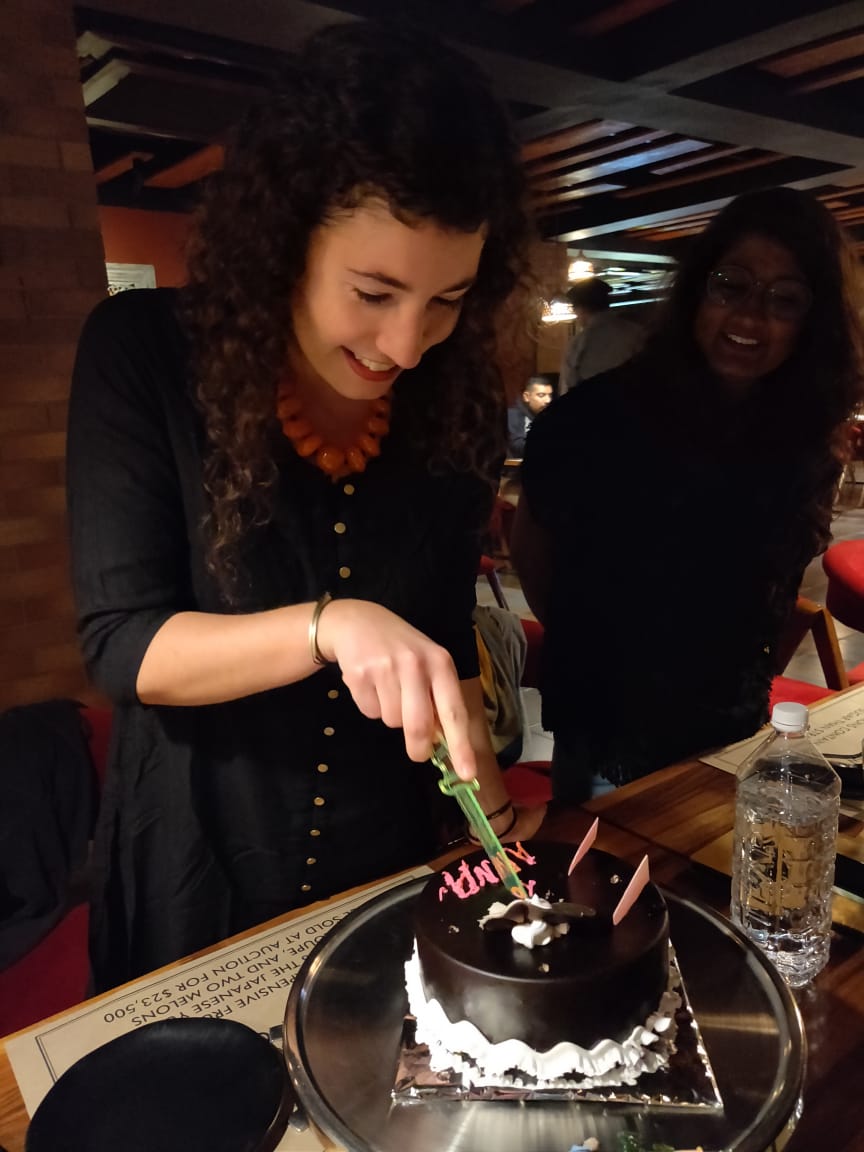

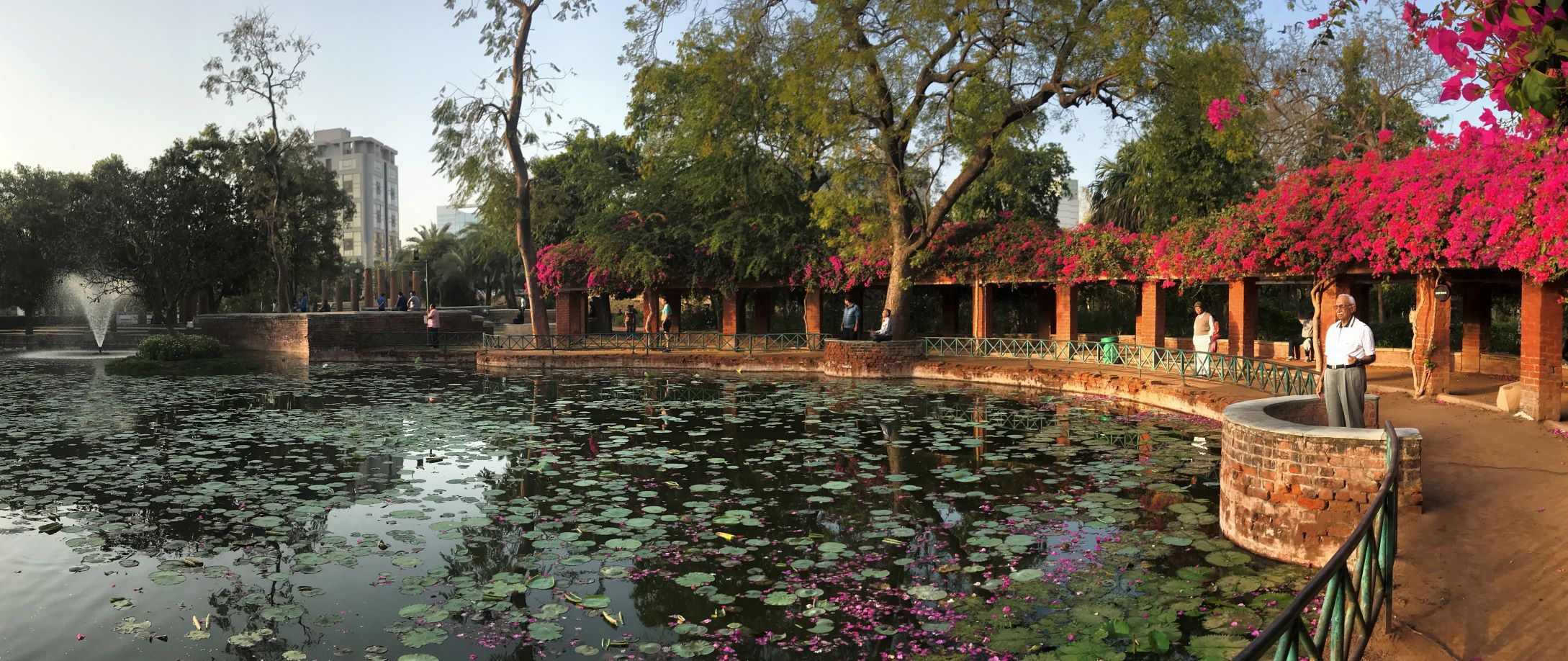
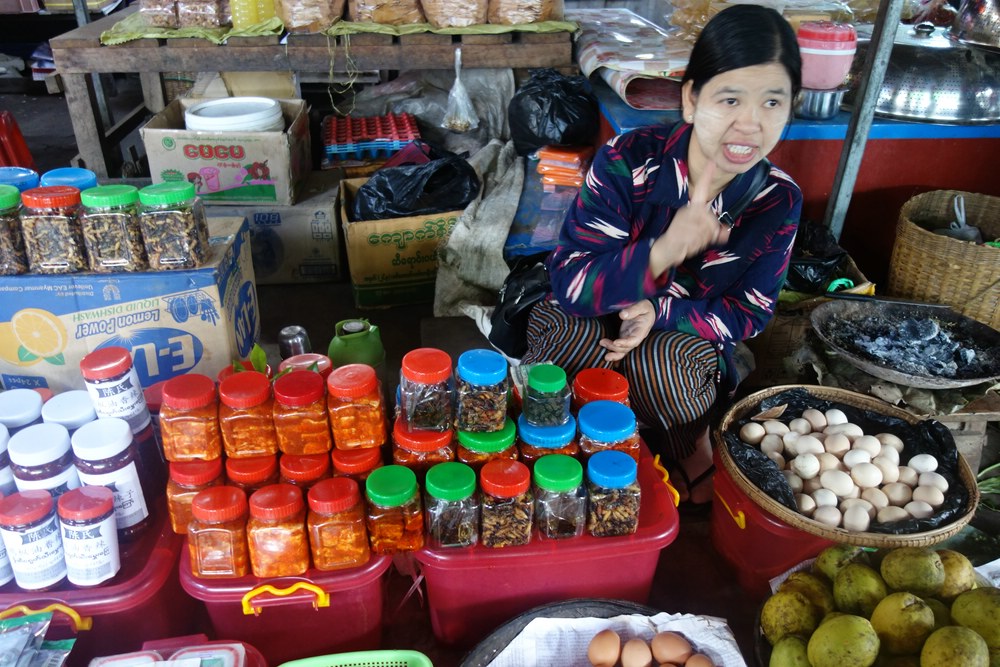

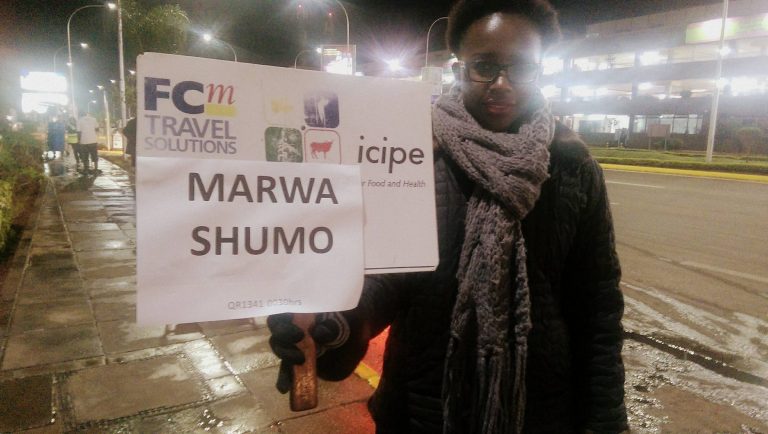
 My summer that started in Germany was quite busy and active. A very interesting event that I visited was the University 10th annual Science Nights that aims to showcase various and different scientific disciplines studied and researched by the university different…
My summer that started in Germany was quite busy and active. A very interesting event that I visited was the University 10th annual Science Nights that aims to showcase various and different scientific disciplines studied and researched by the university different…